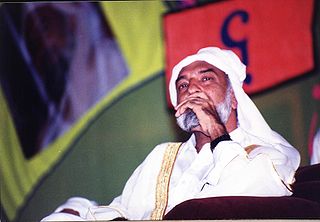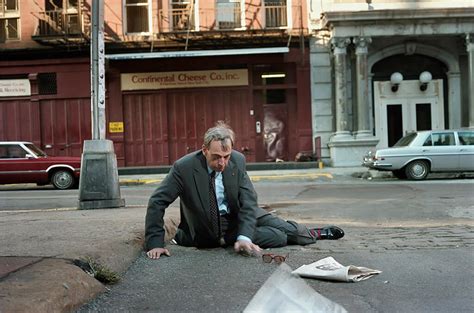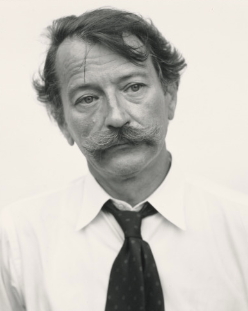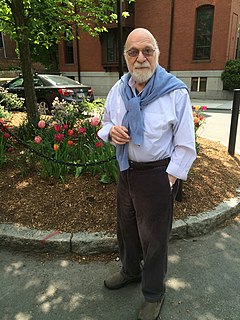A Quote by Hiroshi Sugimoto
I'm inviting the spirits into my photography. It's an act of God.
Quote Topics
Related Quotes
Confession is the act of inviting God to walk the acreage of our hearts. “There is a rock of greed over here, Father. I can’t budge it. And that tree of guilt near the fence? Its roots are long and deep. And may I show you some dry soil, too crusty for seed?” God’s seed grows better if the soil of the heart is cleared.
There were certain great principles involved in the organization of this earth, and one was that there might be a place provided whereon the children of our Heavenly Father could live and propagate their species and have bodies formed for the spirits to inhabit who were the children of God; for . . . He is the God and Father of the spirits of all flesh.
The very act of representation has been so thoroughly challenged in recent years by postmodern theories that it is impossible not to see the flaws everywhere, in any practice of photography. Traditional genres in particular-journalism, documentary studies, and fine-art photography-have become shells, or forms emptied of meaning.
So far as photography satisfied a wish, it satisfied a wish not confined to painters, but a human wish, intensifying since the Reformation, to escape subjectivity and metaphysical isolation - a wish for power to reach this world, having for so long tried, at last hopelessly, to manifest fidelity to another... Photography overcame subjectivity in a way undreamed of by painting, one which does not so much defeat the act of painting as escape it altogether: by automatism, by removing the human agent from the act of reproduction.
God must act and pour himself into you the moment he finds you ready. Don't imagine that God can be compared to an earthly carpenter, who acts or doesn't act, as he wishes; who can will to do something or leave it undone, according to his pleasure. It is not that way with God: where and when God finds you ready, he must act and overflow into you, just as when the air is clear and pure, the sun must overflow into it and cannot refrain from doing that.
In order to cooperate in the material worlds as agents of a divine power, the spirits temporarily have a material body. By the work required in their corporeal lives, the spirits improve their intelligence and, by observing God's law, they acquire the merits which will lead them to eternal happiness.



































